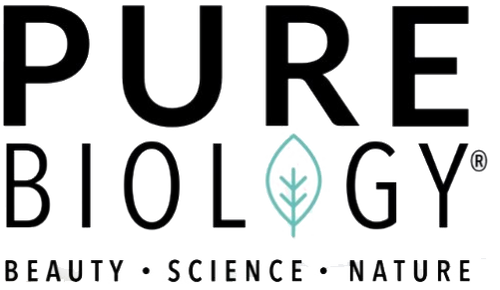Retinol is the new anti-aging “it” ingredient and this powerful vitamin A derivative has quickly become a hot topic in skin care. It’s now more accessible than ever, thanks to many brands offering various retinol-laced products. Should you use retinol? What are the benefits? Can sensitive skin handle this powerful ingredient? We’re here to address retinol and fiction and tell you how to get the best results with these 6 facts you should know about retinol before adding it to your skincare routine.
1. Retinol Has Powerful Anti-Aging Benefits
Retinol has powerful rejuvenation effects, and studies show it can improve your skin’s signs of aging, such as reducing wrinkles and fine lines. Retinol promotes skin renewal, boosts collagen production, and reduces acne. It also has antioxidant benefits, which help reduce the damage caused by free radicals.
2. You Can Use it in Your 20s

You don’t need to wait until you have wrinkles to incorporate retinol into your skincare routine. However, you should be extra careful if you have sensitive skin. Retinol is a powerful ingredient that should be respected at any age, but if you are still young enough to get regular breakouts, or you have naturally oily skin, retinol could potentially irritate your skin further. Proceed with caution, applying small amounts of product, and using a product that contains low concentrations of retinol. And always use sunscreen while using retinol (see #7).
3. Try Prescription Strength For Acne
Over the counter retinol products work great for preventing signs of aging, but if you’re looking to use retinol to treat acne, you should consider a prescription dose. Prescription-strength retinoids like tretinoin are widely used to treat acne, and the results are well documented. If you’re looking for a solution to breakouts and acne, talk to your dr before stocking up on over the counter retinol products.
4. Retinol Can Cause Irritation

Retinol has a diverse set of effects. The main benefits of retinol come from its anti-inflammatory properties and its ability to stimulate collagen production. Unfortunately, retinol can also produce adverse effects sometimes including irritation, redness, flaking, and peeling. Since retinol works by increasing cellular turnover, it can cause dryness, redness, and peeling the first few weeks of use. To combat the risk of irritation, use retinol products that are formulated with other soothing ingredients, like vitamins A, C, and E, peptides, or hyaluronic acid. These ingredients can work with retinol to hydrate and nourish the skin.
5. Retinol Does Not “Thin Your Skin”
There are some unfounded rumors that retinol will thin your skin over time. This is a myth most likely developed because retinol increases your skin’s cellular turnover. Some people have (mistakenly) taken this to mean that skin is becoming “thinner” due to increased exfoliation, which is simply not true. On the contrary, retinol thickens the skin by boosting collagen production. This results in fewer fine lines and wrinkles and plumper, more youthful skin.
6. You Should Always Pair Your Retinol Products With Sunscreen & Antioxidants

Products containing retinol perform better when you use them in combination with a broad spectrum SPF of at least 30. Using retinol on your skin will also make it more sensitive to pollution and environmental irritation, so you should add an antioxidant cream to your daily beauty routine as well.
